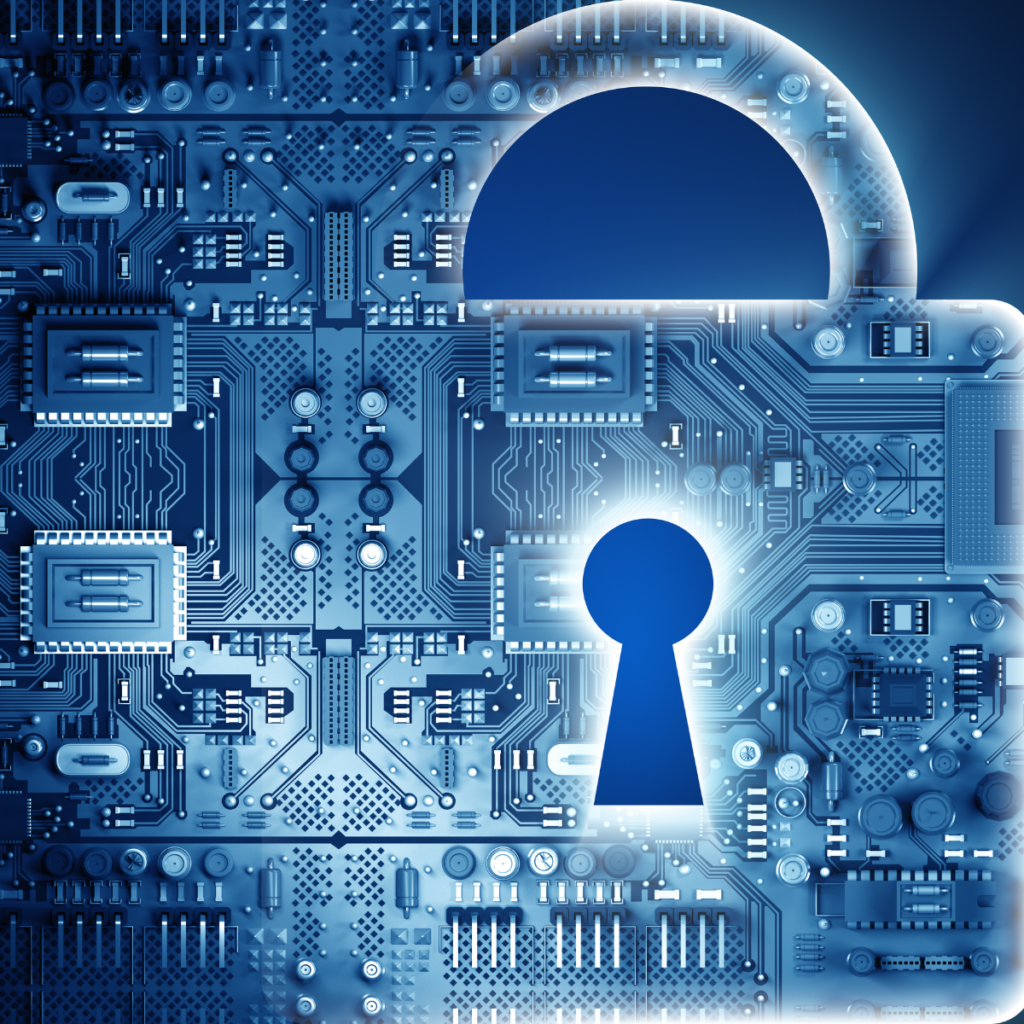
10 Cybersecurity Tips Every Business Should Know
In today’s digital landscape, cybersecurity is not just a concern for large corporations—it’s critical for businesses of all sizes. With cyberattacks becoming more sophisticated and frequent, protecting your business’s sensitive information has never been more important. Here are 10 essential cybersecurity tips every business should know to safeguard its assets and reputation.
1. Educate Employees About Cybersecurity
Your employees are your first line of defense. Educating them about cybersecurity best practices can prevent many potential breaches.
- Conduct regular training sessions.
- Teach employees to recognize phishing emails and suspicious links.
- Emphasize the importance of strong, unique passwords.
Tip: Use phishing simulations to test and improve employee awareness.
2. Use Strong and Unique Passwords
Weak passwords are a hacker’s easiest entry point. Implement a password policy that ensures strong, unique passwords across your organization.
- Require a combination of letters, numbers, and symbols.
- Avoid using easily guessable information (e.g., birthdays).
- Use a password manager to store and generate secure passwords.
Pro Tip: Enable multi-factor authentication (MFA) wherever possible.
3. Keep Software and Systems Updated
Outdated software is a major security risk, as it often contains vulnerabilities that hackers exploit.
- Regularly update operating systems, applications, and security tools.
- Enable automatic updates to ensure you don’t miss critical patches.
- Remove unused or outdated software.
Why it matters: Patches fix vulnerabilities before cybercriminals can exploit them.
4. Implement Multi-Factor Authentication (MFA)
MFA adds an extra layer of security by requiring users to verify their identity through multiple methods.
- Combine something you know (password) with something you have (e.g., a smartphone).
- Use MFA for accessing email, financial accounts, and critical systems.
Tip: Even if a password is compromised, MFA can block unauthorized access.
5. Secure Your Network
Your network is the backbone of your business operations, making it a prime target for attackers.
- Use a firewall to monitor and block malicious traffic.
- Implement a Virtual Private Network (VPN) for remote employees.
- Change default router passwords and use strong encryption (e.g., WPA3).
Pro Tip: Segment your network to limit access to sensitive data.
6. Back Up Data Regularly
Data backups are essential for recovering from cyberattacks like ransomware.
- Schedule automated daily backups.
- Store backups in secure, offsite locations or on cloud platforms.
- Test your backups periodically to ensure they work correctly.
Golden Rule: Always have at least three copies of your data—one primary and two backups in different locations.
7. Use Antivirus and Anti-Malware Tools
Antivirus software is a must-have for identifying and neutralizing threats.
- Install antivirus and anti-malware software on all devices.
- Keep these tools updated to detect the latest threats.
- Run regular scans to catch hidden vulnerabilities.
Bonus: Look for solutions that include real-time monitoring and protection.
8. Limit Access to Sensitive Information
Not every employee needs access to all your business’s data. Implement strict access controls.
- Use role-based access to grant permissions based on job responsibilities.
- Regularly review and revoke access for former employees or contractors.
- Monitor and log access to critical systems and data.
Tip: The principle of least privilege minimizes the risk of insider threats.
9. Have a Cybersecurity Incident Response Plan
Preparation is key to mitigating the damage from a cyberattack. Create a robust incident response plan.
- Define roles and responsibilities for responding to breaches.
- Establish clear steps for containment, investigation, and recovery.
- Test your response plan with simulated attacks (e.g., penetration testing).
Why it’s vital: A quick and coordinated response minimizes downtime and financial losses.
10. Partner with Cybersecurity Experts
Sometimes, the best way to protect your business is to seek professional help.
- Work with managed security service providers (MSSPs) to monitor and protect your systems.
- Conduct regular security audits to identify vulnerabilities.
- Stay informed about the latest threats and compliance requirements.
Pro Tip: Cybersecurity is an ongoing process, not a one-time effort.
Conclusion
In a world where cyber threats are constantly evolving, proactive cybersecurity measures are essential for safeguarding your business. By implementing these ten tips, you’ll create a strong foundation to protect your business from potential attacks. Remember, cybersecurity is everyone’s responsibility—stay vigilant, stay prepared.

